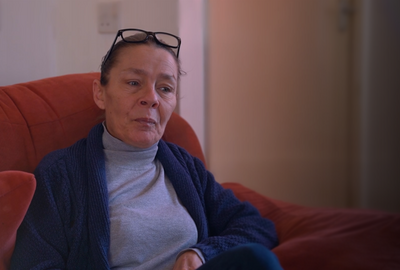Going for the first interview as a support worker, or taking on the challenge again after struggling in previous interviews, always requires some courage. These interview tips for support workers are designed to make the process less intimidating and increase your chances of success:
- how to prepare
- general interview help
- what employees look for
- how to talk about your experience
- learning from your interview
Preparing for the interview.
When going to an interview for a support worker job it is best to be armed with as much information as possible about the hiring organisation and the specific position. Cramming the night before is not very effective and will just mean going into the interview feeling tired and stressed, so it is better to start a few days beforehand. Begin by re-reading the original job advertisement and carrying out some research on the internet. It is not necessary to remember everything; better to make good use of what does stick, for instance by referring to specific initiatives or referencing personnel by name. Of course, it is important to be sure that this information is up to date.
General tips.
Candidates should aim to arrive at the interview venue about half an hour early, well-rested and smartly dressed. A friendly smile and firm handshake go a long way. Good posture is helpful but you should try to avoid looking too stiff; coming across as confident and at ease with the situation is more important. Interviews are a two-way process so it is advisable to have some questions ready to ask. This is an opportunity to find out if the job will be a good fit and to show off existing knowledge of the hiring organisation.
What employers are looking for.
Whether the job in question is for a health care worker or a role with more focus on social support, employers are fundamentally looking for the same thing: somebody with whom their service users will be in safe hands. They need to be confident that the people they hire are competent, hardworking and capable of staying calm under pressure. It is important to have good qualifications but it is still more important to be able to demonstrate practical understanding and commitment.
Detailing experience.
Almost every interview of this sort will include questions on how the candidate has handled difficult situations in the past. For those applying for a first job, it is perfectly acceptable to refer to voluntary experience or experience gained during training. The best way to approach these questions is to have a couple of stories already prepared. Rather than trying to make it sound as if everything was done perfectly and a problem solved with no difficulties, it can actually be more effective to describe a situation that could have been handled a bit better, in order to demonstrate that you can cope when things do not go to plan and that you can learn from experience. Stories involving cooperative work that illustrate an awareness of when to seek others’ help can also make a good impression.
Learning from interviews.
Even if an interview is not successful, it is always possible to learn from it. Making notes afterwards can enable candidates to identify their mistakes and do better next time. Sometimes interviewers are willing to provide feedback to help with this. This means that even without immediate success, interviewees can get one step closer to getting that job.



